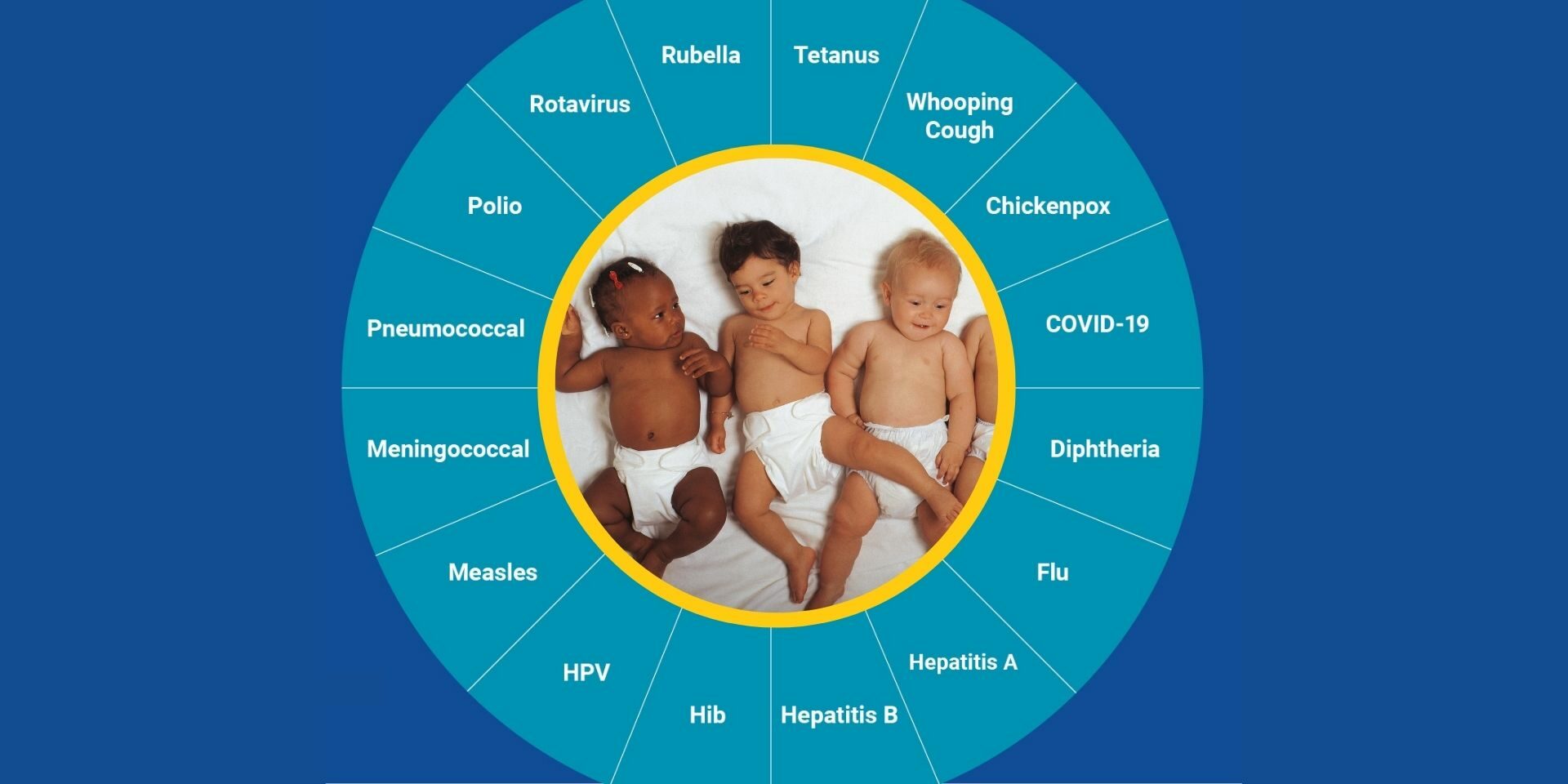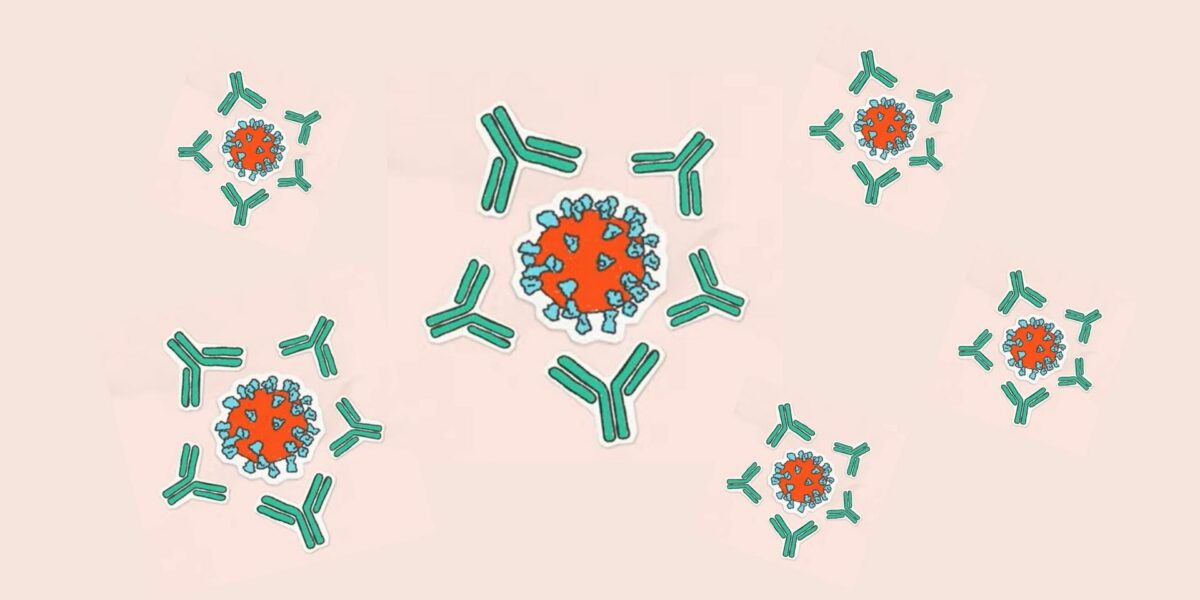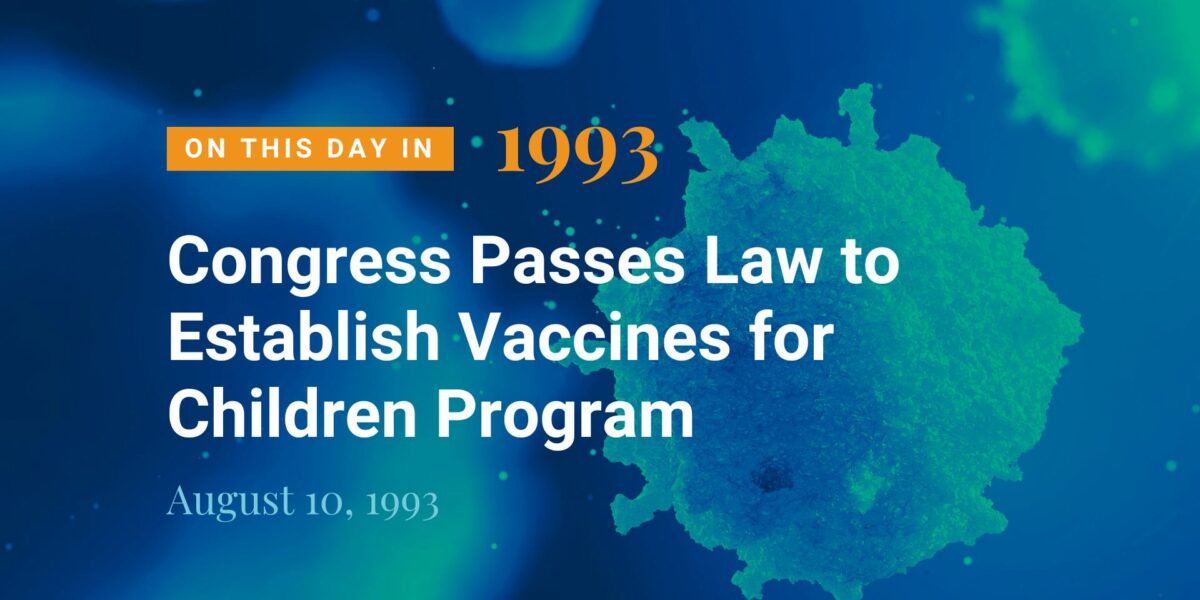
National Infant Immunization Week (NIIW) on April 22-29, 2024, is an annual observance highlighting the importance of protecting children age 2 years and younger from vaccine-preventable diseases. The Centers for Disease Control and Prevention and the American Academy of Pediatrics recommend that children stay on track with their well-child appointments and routine vaccinations. On-time vaccination is critical to help protect against potentially life-threatening diseases.
Immunization is one of the most effective ways to help protect infants from serious diseases. Vaccines help the immune system recognize and fight specific infections, reducing the risk of illness and related complications. For parents, understanding the importance of infant immunization in helping to protect their children is crucial. Here are 5 key things to know about infant immunization:
- Vaccines are Safe and Effective: Vaccines undergo rigorous testing before being approved or recommended for use. They are continuously monitored for safety and efficacy. Immunization has led to the eradication of diseases like smallpox and the near-elimination of others such as polio. Vaccines are a safe and effective way to help protect infants from serious and potentially fatal illnesses.
- Vaccines Protect against Many Diseases: Infant immunization protects against a range of diseases, including measles, mumps, rubella, polio, hepatitis B, and more. By vaccinating infants according to the recommended schedule, parents can help protect their children from these diseases early in life.
- Community Immunity is Important: Community (or herd) immunity occurs when a large percentage of a population is immune to a disease, making it unlikely to spread. This is particularly important for infants who are too young to be fully vaccinated. By vaccinating infants and children, parents not only help protect their own children but also contribute to community immunity, helping to protect vulnerable individuals who may not be able to get vaccinated.
- Staying on Schedule is Important: Following the recommended vaccine schedule is essential to ensure infants are protected at the earliest possible age. The schedule is designed to provide immunity when infants are most at risk for certain diseases. Delaying vaccines can leave infants vulnerable to serious illnesses.
- Cost Should Not Be a Barrier: Most health insurance plans cover the cost of vaccines. For those without insurance, the Vaccines for Children (VFC) program provides vaccines at no cost to eligible children, and helps ensure that all children have access to lifesaving vaccines, regardless of their ability to pay.
Infant immunization is a critical component of protecting infants from serious diseases. By understanding the importance of vaccines and following the recommended schedule, parents can help protect their children and contribute to the health of their community. Vaccines save lives, and infant immunization is an important step in giving infants a healthy start in life.
To join the conversation and get the latest news on infectious diseases, follow NFID on X (Twitter), like us on Facebook, follow us on Instagram, visit us on LinkedIn, listen and subscribe to the Infectious IDeas podcast, and subscribe to receive future NFID Updates.
Related Posts

Protecting Children as They Head Back to School
As school gets underway, experts from the National Foundation for Infectious Diseases (NFID) offer insights on childhood immunization

A Game Changer for Disease Prevention and Treatment
As diseases continue to emerge, reemerge, and evolve, the development and use of advanced interventions such as monoclonal antibodies are critical for protecting public health …

The Lifesaving Impact of Vaccines for Children
As NFID celebrates its 50th anniversary, Past President Walter A. Orenstein, MD, reflects on the 30th anniversary of the Vaccines for Children program
